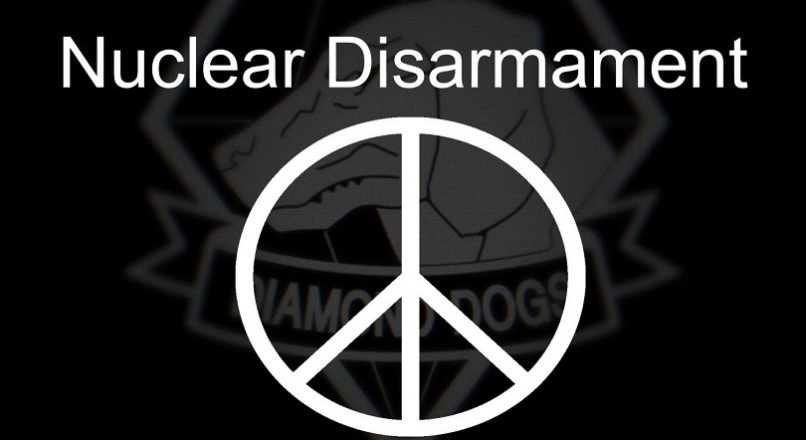The Cooperative Republic of Guyana, a small but diplomatically active nation in South America, has long maintained a firm stance against nuclear weapons. As a member of the international community advocating for global peace and security, Guyana’s government is actively engaged in initiatives aimed at nuclear disarmament, reflecting its strong commitment to a world free of nuclear threats.
Guyana is a party to several key international treaties that form the foundation of its nuclear disarmament policy. Most notably, the country is a signatory and ratifying member of the Treaty on the Prohibition of Nuclear Weapons (TPNW), adopted by the United Nations in 2017. As one of the first nations to sign and ratify this landmark treaty, Guyana has taken a proactive role in endorsing the complete elimination of nuclear arms. The TPNW prohibits the development, testing, production, acquisition, possession, and use or threat of use of nuclear weapons. Guyana’s ratification demonstrates a clear rejection of the legitimacy of nuclear weapons in international security frameworks.
In addition to the TPNW, Guyana is also a member of the Treaty of Tlatelolco, which established Latin America and the Caribbean as a Nuclear-Weapon-Free Zone (NWFZ). Through this regional agreement, Guyana contributes to a collective stance that prevents the deployment or possession of nuclear weapons across participating countries, thereby reinforcing its commitment to regional peace and stability.
The Government of Guyana, through its Ministry of Foreign Affairs and International Cooperation, continues to work closely with the United Nations and regional bodies like the Caribbean Community (CARICOM) to advocate for nuclear disarmament. Guyana regularly participates in international disarmament forums, including the UN General Assembly’s First Committee on Disarmament and International Security, where it voices support for multilateral nuclear disarmament and the strengthening of non-proliferation norms.
Domestically, Guyana has adopted national policies that align with its international obligations. The government enforces strict controls to prevent any form of nuclear material transit through its territory and supports education and awareness programs promoting disarmament and peaceful uses of nuclear technology.
In conclusion, Guyana stands as a principled advocate for a nuclear-free world. Through its participation in international treaties, regional cooperation, and robust national policies, the Guyanese government continues to contribute meaningfully to global efforts toward nuclear disarmament. Its actions underscore a broader commitment to peace, security, and responsible diplomacy.




